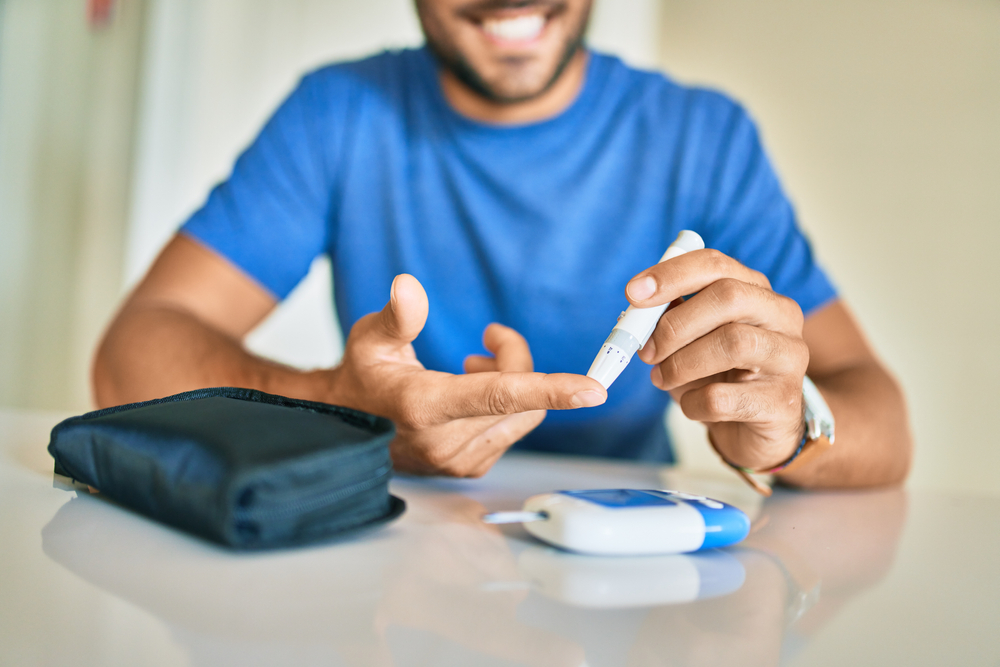
Diabetes and Low T; the Connection
Diabetes and Low Testosterone: Exploring the Connection and the Role of Hormone Replacement Therapy
Diabetes is a chronic metabolic disorder that affects millions of people worldwide. It is characterized by elevated blood sugar levels, which can lead to a range of health complications if left unmanaged. One lesser-known aspect of diabetes is its connection to low testosterone levels in men. This article aims to shed light on the relationship between diabetes and low testosterone and explore how hormone replacement therapy can be a valuable tool in managing these conditions.
Diabetes and Low Testosterone: The Connection
Insulin Resistance and Low Testosterone:
Insulin is a hormone produced by the pancreas, which plays a pivotal role in regulating blood sugar levels. In type 2 diabetes, the most common form of diabetes, the body becomes resistant to insulin, leading to elevated blood sugar levels. This insulin resistance can also contribute to lower testosterone levels in men. Insulin resistance hampers the ability of testosterone to function efficiently, impacting the body’s hormonal balance.
Obesity:
Obesity is a well-known risk factor for both diabetes and low testosterone. Excess body fat, especially visceral fat around the abdomen, is linked to insulin resistance, which can lower testosterone levels. This interconnectedness creates a vicious cycle, as low testosterone levels can contribute to increased fat accumulation, further exacerbating insulin resistance and diabetes.
Inflammation:
Chronic inflammation is another common denominator in diabetes and low testosterone. Inflammation can disrupt the normal production and regulation of hormones, including testosterone. Additionally, inflammatory markers are often elevated in individuals with diabetes, making it a contributing factor to low testosterone levels.
Neuropathy and Reduced Libido:
Diabetes often leads to neuropathy, a condition characterized by nerve damage, which can affect various bodily functions. Neuropathy can interfere with the ability to maintain an erection and achieve sexual satisfaction. This not only impacts an individual’s quality of life but can also lead to reduced libido and further exacerbate low testosterone levels.
Hormone Replacement Therapy (HRT): A Solution for Low Testosterone in Diabetic Men
Understanding Hormone Replacement Therapy:
Hormone Replacement Therapy (HRT) is a medical treatment used to increase testosterone levels in individuals with low or deficient testosterone. It involves administering synthetic or bio-identical testosterone through various methods such as injections, or implants.
Benefits of HRT for Diabetic Men:
- Improved Glycemic Control: Studies have shown that HRT can help improve insulin sensitivity and glycemic control in men with diabetes. Elevated testosterone levels can positively influence glucose metabolism and reduce insulin resistance, ultimately aiding in the management of diabetes.
- Enhanced Muscle Mass and Fat Loss: Testosterone is vital for maintaining muscle mass and reducing body fat. HRT can help diabetic men combat the muscle loss and fat gain often associated with both diabetes and low testosterone.
- Increased Libido and Sexual Function: One of the most noticeable effects of HRT is an increase in libido and improvement in sexual function. This can be especially significant for diabetic men who may experience sexual dysfunction due to neuropathy and low testosterone.
- Improved Mood and Quality of Life: Low testosterone levels can lead to mood swings, depression, and a reduced sense of well-being. HRT can positively impact an individual’s mood and overall quality of life, which is important for those with diabetes facing the challenges of managing their condition.
Risks and Considerations:
It is essential to understand that HRT is not without potential risks. Potential side effects include acne, fluid retention, and an increased risk of cardiovascular issues if not monitored properly. Therefore, HRT should always be administered under the supervision of a qualified healthcare provider who can assess the individual’s specific needs, monitor progress, and adjust treatment accordingly.
Conclusion
The link between diabetes and low testosterone is a complex and multifaceted one, with various factors contributing to this connection. However, hormone replacement therapy offers a promising approach for managing low testosterone in diabetic men.
HRT can not only improve testosterone levels but also address some of the underlying issues associated with diabetes, such as insulin resistance, obesity, and sexual dysfunction. Nevertheless, it is essential that individuals considering HRT consult with a hormone therapy specialist, like Vitality Aesthetic & Regenerative Medicine, to assess their specific needs and ensure that the benefits outweigh potential risks.
Overall, hormone replacement therapy can be a valuable tool in the management of low testosterone in diabetic men, helping to enhance their quality of life and improve their ability to manage their diabetes effectively.


